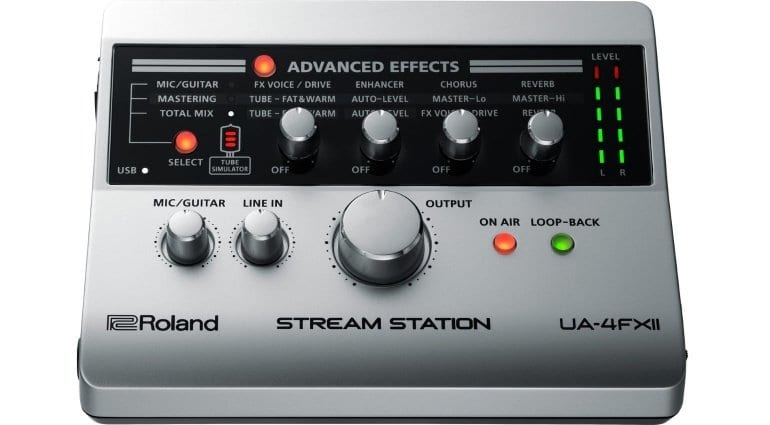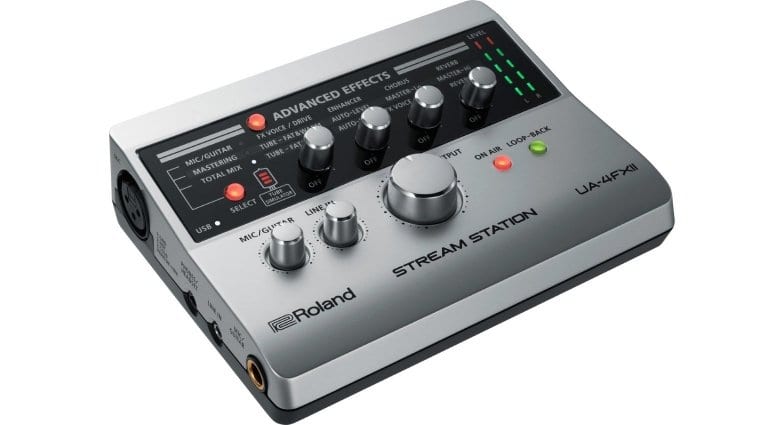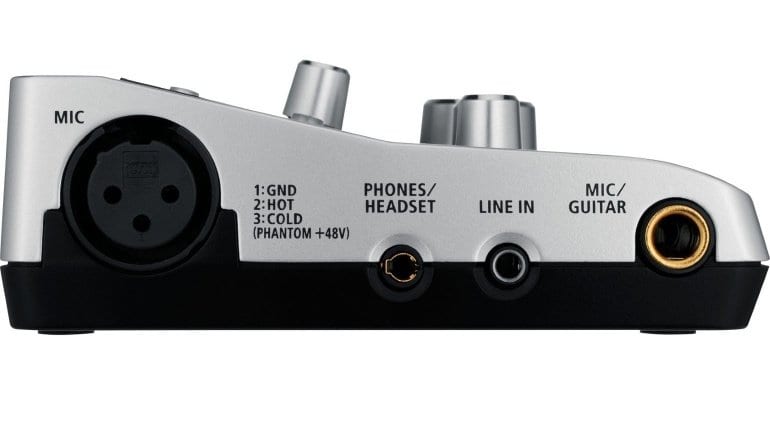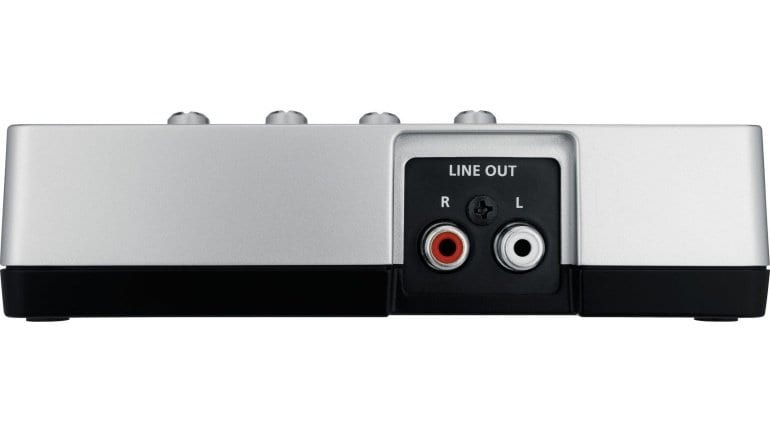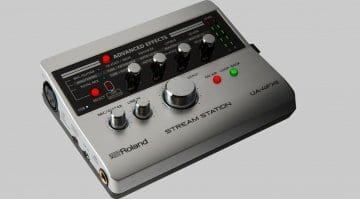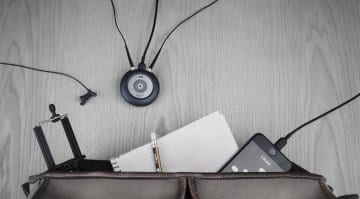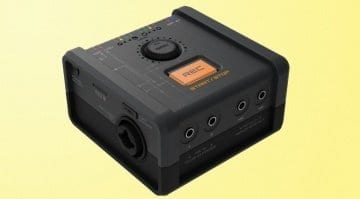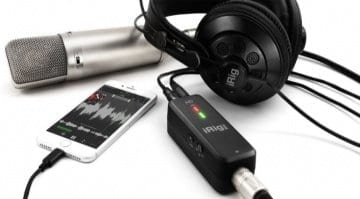Roland relaunches UA-4FX2 StreamStation portable recording interface
Roland is bringing back an old friend for another run, the UA-4FX2 interface. This is the successor to a product that’s almost 10 years old, but doesn’t seem to have lost any of its relevance. Also known as the StreamStation, the device does look like it launched 10 years ago, which may be charming or off-putting, depending on your taste. Thankfully, the hardware part is reasonably up to date.
The device is geared towards voice recording for podcasts, but it’s also good for guitar or line-in instruments. It comes with an integrated effects engine to simulate bread and butter stuff like tube saturation, compression, chorus, reverb, “mastering effects” (hmm?) and other gizmos you are more than likely to reach for during production. Obviously, you can also use the UA-4FX2 as a multi-effects unit for your vocals or guitar. The unit is USB-powered, so cable it to a portable power bank and you are ready to roll!
The audio converter can handle 24-bit / 96KHz, which is more than adequate. The unit features three inputs – XLR (with phantom power), 1/4 inch for guitar or microphone (with Hi-Z switching), and line-in input for everything else under the sun. Likewise, there’s a headphone out for practicing or running line-out audio, along with a 2-channel L/R out. That pretty much covers the essentials, and if you need more room to move around, you can always hook up the outs of a cheap mixer to it via line-in.
The UA-4FX2 is a fairly unique unit with many uses in the right context. A creative mind can certainly take it far and beyond its intended use, which is that of webcasting. It also has the unassuming looks of an affordable product, so hopefully, it won’t be priced out of the reach of budding or gigging musicians that shouldn’t be stretching their finances too wide. More information is available on Roland’s website.
You are currently viewing a placeholder content from YouTube. To access the actual content, click the button below. Please note that doing so will share data with third-party providers.

